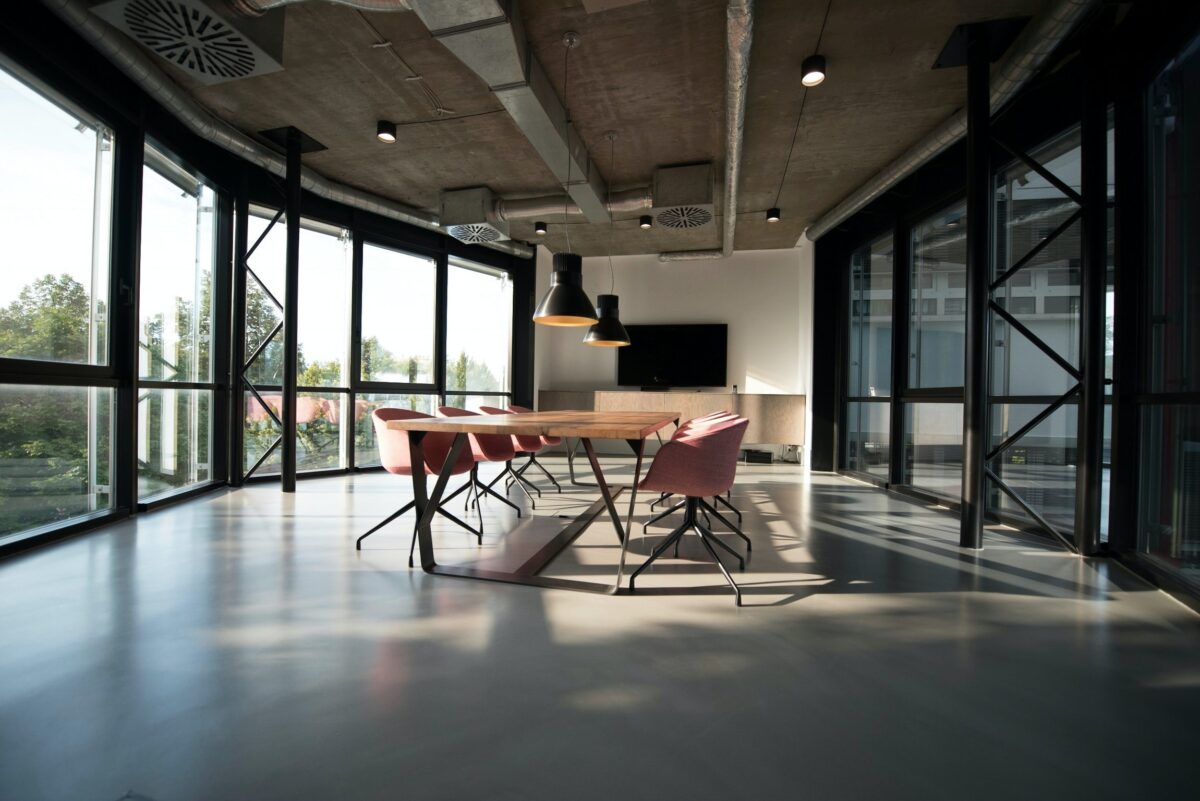
Ensuring a Sound Investment
Purchasing or leasing a commercial building is a significant investment for any business. To protect your interests and ensure the building meets your needs, a thorough commercial building inspection is essential. In this blog post, we’ll provide you with valuable tips to consider during a commercial building inspection. By following these guidelines, you can make informed decisions and safeguard your investment.
- Engage an Experienced Commercial Building Inspector: Selecting the right commercial building inspector is crucial. Look for inspectors with extensive experience in commercial properties. They should possess the necessary knowledge to evaluate complex building systems, code compliance, and safety standards specific to commercial structures. Check their credentials, certifications, and client testimonials to ensure they have a solid reputation in the industry.
- Assess Structural Integrity: The structural integrity of a commercial building is of paramount importance. Inspect the foundation, walls, columns, and beams for any signs of cracks, settling, or compromised structural elements. Identify any water infiltration or drainage issues that could weaken the structure over time.
- Evaluate Electrical and HVAC Systems: Commercial buildings often have complex electrical and HVAC systems. Ensure these systems are thoroughly inspected for compliance, functionality, and safety. Verify the age and condition of electrical panels, wiring, outlets, and switches. Assess the capacity and efficiency of heating, ventilation, and air conditioning systems to determine if they can meet your business’s requirements.
- Examine Plumbing and Water Systems: Adequate plumbing and water systems are crucial for commercial buildings. Inspect plumbing fixtures, pipes, and drains for leaks, corrosion, and proper functionality. Check the water pressure and quality. Evaluate the availability of hot water and the condition of water heaters and storage tanks. Addressing plumbing issues promptly will prevent disruptions to your business operations.
- Inspect Roofing and Exterior: The condition of the roof and exterior elements greatly impacts a commercial building’s longevity and energy efficiency. Inspect the roofing material, gutters, downspouts, and flashing for signs of damage, leaks, or wear. Assess the building’s façade, windows, doors, and insulation for proper sealing and energy efficiency.
- Consider Code Compliance and Safety: Verify that the commercial building complies with local building codes and safety regulations. Inspect fire safety systems, including sprinklers, alarms, emergency exits, and fire extinguishers. Assess accessibility features to ensure compliance with disability guidelines. Non-compliance with codes and safety standards can lead to costly renovations or legal issues in the future.
- Analyze Environmental Factors: Identify potential environmental hazards that may affect the commercial building. Conduct assessments for the presence of mold, asbestos, radon, or lead-based paint. These hazards can impact the health and safety of occupants and may require specialized remediation efforts.
- Review Maintenance and Repair History: Request maintenance and repair records from the current owner or property manager. Understanding the building’s maintenance history can reveal recurring issues and the level of care the property has received. Unaddressed maintenance concerns may signal potential problems or neglect.
- Comprehensive Documentation: Ensure that your commercial building inspection includes a detailed report, complete with photographs and descriptions of identified issues, recommendations, and estimated costs for repairs or improvements. This documentation will serve as a reference and negotiation tool during the buying or leasing process.
A commercial building inspection is a crucial step in safeguarding your investment and ensuring your business’s success. By following these commercial building inspection tips, you can make informed decisions, identify potential risks or shortcomings, and negotiate favorable terms. Engaging an experienced commercial building inspector and paying close attention to structural integrity, systems functionality, code compliance, and environmental factors will provide you with the knowledge needed to make sound decisions and protect your investment.
Remember, a comprehensive commercial building inspection is an investment in the future of your business. Prioritize due diligence and consult with professionals to make well-informed choices when it comes to commercial property acquisition or leasing.
Here’s to a successful and secure commercial building investment for your business!

